Throughout the day, our energy levels naturally experience ebbs and flows determined by factors such as stress, sleep, and diet. When we are tired, we often turn to foods and drinks to help bring our energy levels back up. However, there are several drinks and foods that drain your energy instead of replenishing it. In this article, we will take a closer look at seven common foods that make you tired without realizing it.
Sugar-Enriched Breakfasts
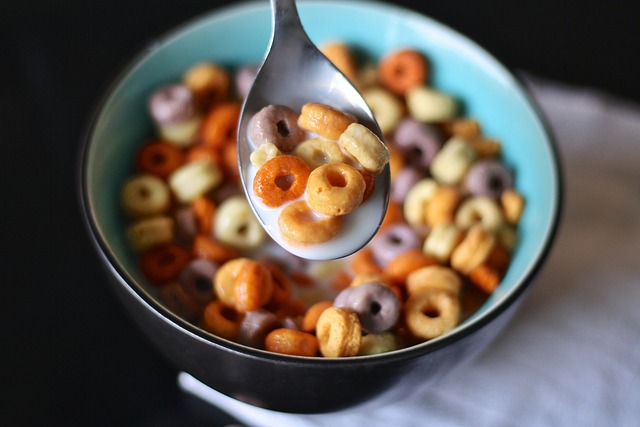
Many foods that make you tired are eaten at breakfast, a meal where we should be increasing our energy levels. This is because many cereals don’t contain enough fiber and are often oversaturated with sugar. Quite worryingly, sugars often make up as much as 50% of a cereal’s total carbohydrate content. High sugar and low fiber is an unhealthy combination that typically results in insulin and blood sugar spikes, followed by an inevitable energy crash. Rather, choose cereals that contain no added sugar and offer at least five grams of fiber per serving. It’s not just cereals to be aware of, though, as breakfast foods such as granola bars, muffins, and yogurts also often contain added sugar.
Fried and Junk Foods
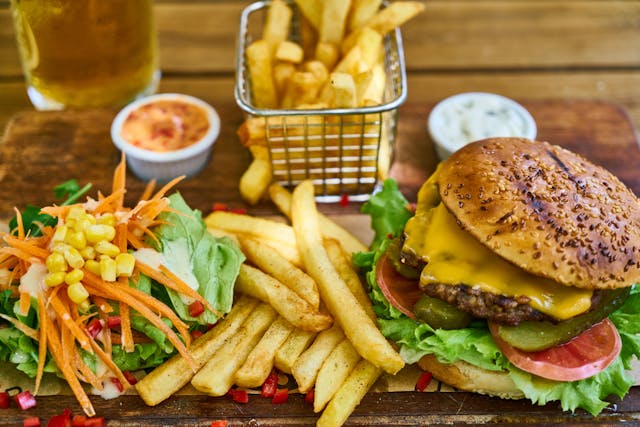
We have all been in situations before where we were running short of time and had to grab some fast food. While this may seem like a convenient way to top up on energy, fried and fast foods can actually do the opposite, leaving us feeling lethargic and tired. Because these foods are typically low in fiber and high in fat, they can significantly slow down your digestion. These types of foods are also typically low in nutrients, minerals, and vitamins. Rather, choose foods that are rich in nutrients and will help maintain your energy levels throughout the day.
Read More: Sleep Deprived? Single Dose of Creatine May Help Improve Brain Function by 25%
White Pasta, Rice, and Bread
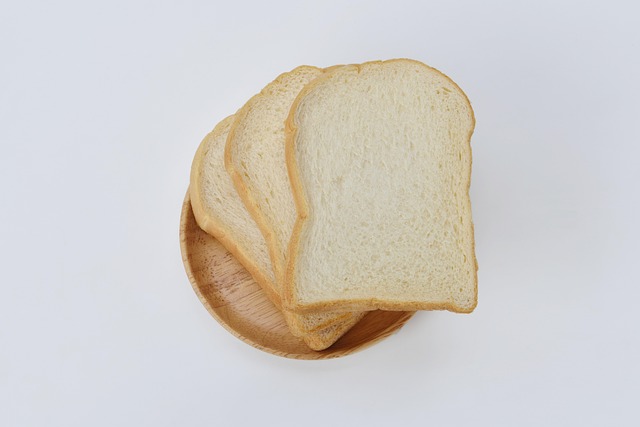
Grains are full of carbohydrates, which are known to be a great source of energy. However, white rice, white pasta, and white bread contain processed grains, which aren’t great for your energy levels. During processing, the grain’s outer layer, which contains all the fiber, is removed. This means that processed grains end up being digested and absorbed much faster than whole grains. This results in a sudden rise in insulin and blood sugar levels, followed by a sharp decline in energy levels. Whole grains are far better for you, since they help regulate your energy and blood sugar levels throughout the day. Additionally, the germ of the grain, which contains many of the nutrients, is also lacking in processed grains.
Alcohol

Many people drink a glass of wine with their dinner to help them relax after a stressful day. However, as with many things in life, moderation is key! While you may initially feel relaxed after a couple of drinks, overdrinking can result in a restless night’s sleep. This, in turn, can lead to waking up the next morning feeling drained and tired. In general, one glass with dinner shouldn’t affect your sleep quality too much, but it is best not to top up if you need a good night’s rest. In general, low to moderate levels are defined as one or fewer drinks per day for women and two or fewer for men.
Read More: 8 Things to Do the Moment You Start Feeling Sick
Low-Calorie Foods
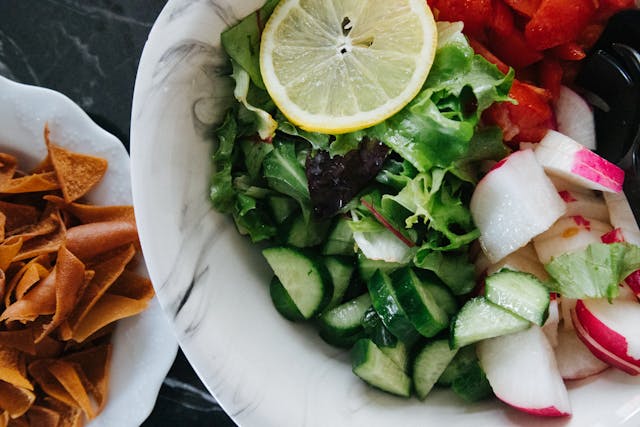
Many individuals who are trying to watch their weight opt for low-calorie alternatives. However, without a sufficient intake of calories, your body will be unable to sustain its energy levels. When you move around or exercise throughout the day, your body burns up calories, which is why they need to be replaced. Your body also relies on calories for functions such as your heartbeat, cognitive functions, and breathing. If you don’t consume sufficient calories, you will also start to experience cravings. A lack of proper calorie intake can also lead to hormonal imbalance and a sluggish metabolism.
Coffee
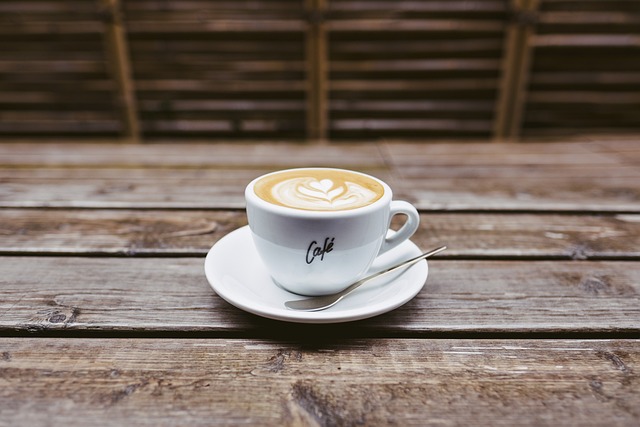
Coffee is renowned for its rejuvenating effects on both body and mind. Several studies have even shown that coffee consumption could help lower the risk of developing neurogenerative diseases. Many people around the world rely on the short-term energy boost produced by the stimulant in coffee, caffeine. However, if you drink coffee regularly, your body starts to build up a tolerance to its effects. Additionally, consuming too much caffeine during the day can have a negative impact on your sleep quality. Therefore, it’s best not to consume more than four cups per day.
Energy Drinks
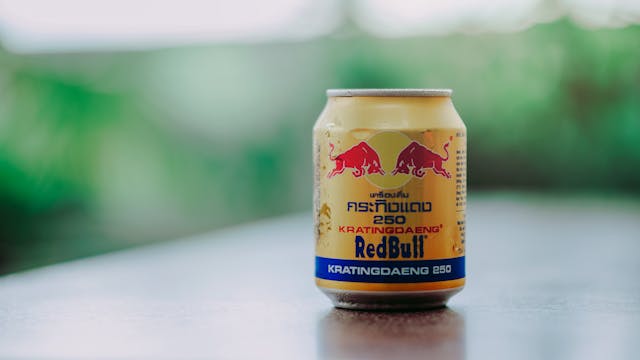
So, considering they are literally called “energy” drinks, how can they lead to a drop in energy levels? Well, there is no doubt that these drinks temporarily boost memory and concentration and reduce fatigue. In fact, studies have found that they can boost focus by as much as 24%. Yet, these drinks often contain high amounts of sugar and caffeine, as much as 10 teaspoons of sugar in some brands! While this amount of sugar may provide a temporary energy increase, it is unsustainable and typically followed by an energy crash. Drinking too much of these drinks can also result in anxiety, heart palpitations, and jitteriness.
Read More: Why You’re Always Tired and How Fix Fatigue

